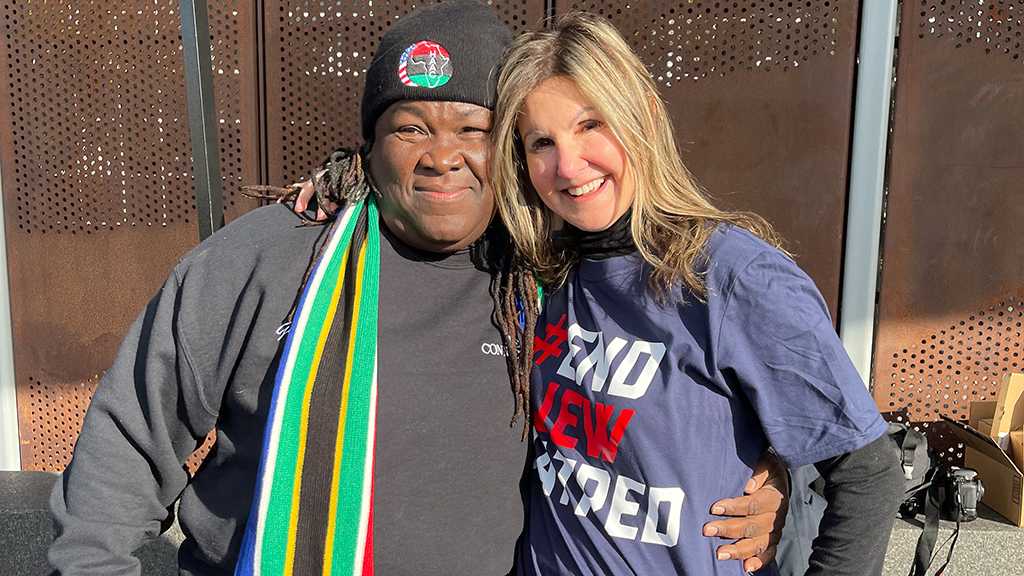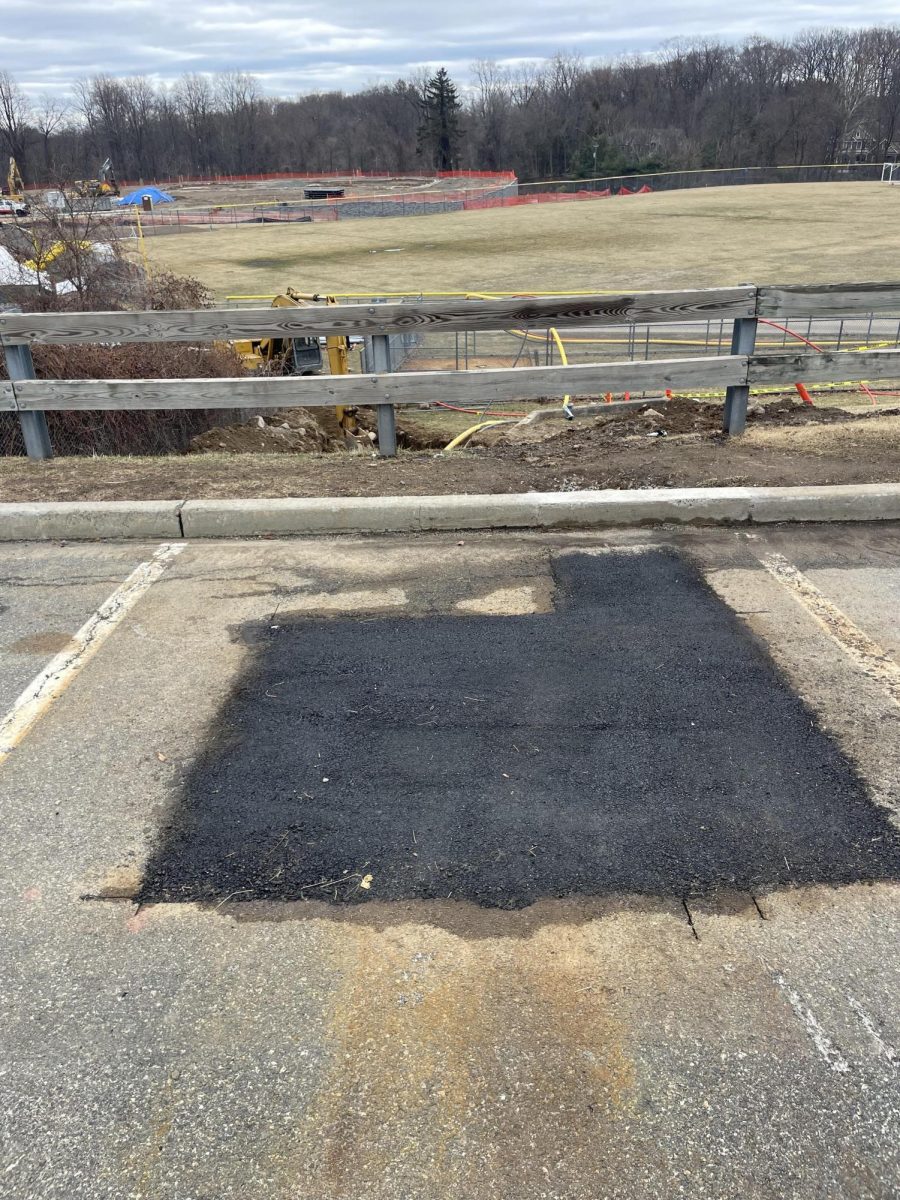On Friday, March 8th, representatives from the Haverstraw African American Connection (HAAC) and the Holocaust Museum and Center for Tolerance and Education came to Indian Hills to speak on tolerance, community, and acceptance. Virginia Norfleet, the founder and CEO of HAAC, and Andrea Winograd, the Executive Director of the Holocaust Museum’s Center for Tolerance and Education, presented a joint initiative between the two organizations called “Better Together.” The initiative aims to increase public awareness of social injustice, strengthen communities, and promote education in inclusivity and acceptance of others.
“Hatred is hatred. It will not stop with one community or group, it will continue to move on to the next and the next,” says Winograd, who shared her experience with anti-semitism as a Jewish woman and reflected on her friendship with Norfleet. Norfleet in turn spoke of her experience with racism as a Black woman growing up in America. Both women emphasized the value of their friendship and how sharing their seemingly disparate perspectives allowed them to practice empathy toward each other. They reminded the audience that there is prejudice and bias inside of everyone and that hurtful behavior can be unintentional. The women argued that unbiased education and effective communication are key to community building and conflict resolution.
The Hills staff felt this assembly would strengthen the student body’s sense of community and foster a greater understanding of the impact that actions and words have on others. “I think the speakers’ message of ‘Better Together’ is a valuable reminder that throughout our lives,” says Ms. Murphy, science teacher. “It’s important for us to respect, learn from, and collaborate with others who have different experiences, backgrounds, cultures, and perspectives than we do.”
In light of the recent antisemitic vandalism at Ramapo, this assembly reminded the student body to practice kindness and appreciation towards others. Freshman Lukas Kertesz says, “The assembly was an insight into what happens and all the different types of discrimination and racism that people experience. It was a very valuable experience.”





